Chinese Policy and Society
JINA SHI
The one child policy
QUIZ!
https://tinyurl.com/h8ncqcl
The one child policy
Impacts on society and people
The one child policy
ENACTED in mainland china FROM 1979-2015
RESTRICTED EACH FAMILY UNIT TO ONE CHILD
Factor in shifting demographics, economic
GROWTH, AND RESOURCE DISTRIBUTION
Fertility Rate
2012
1979
China
India
United States
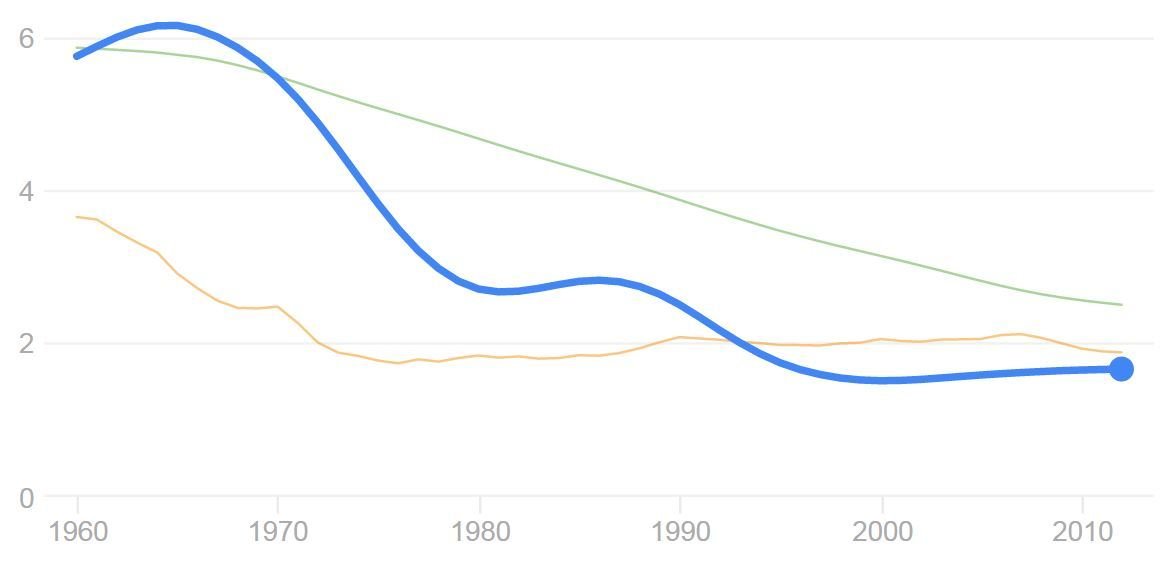
1.66
2.81
The One Child Policy
Exceptions:
Only applied to han majority (91.6%)
regional Enforcement varied
Afford to pay a fine
The policy
began to phase
2000's
out in the
Aging population
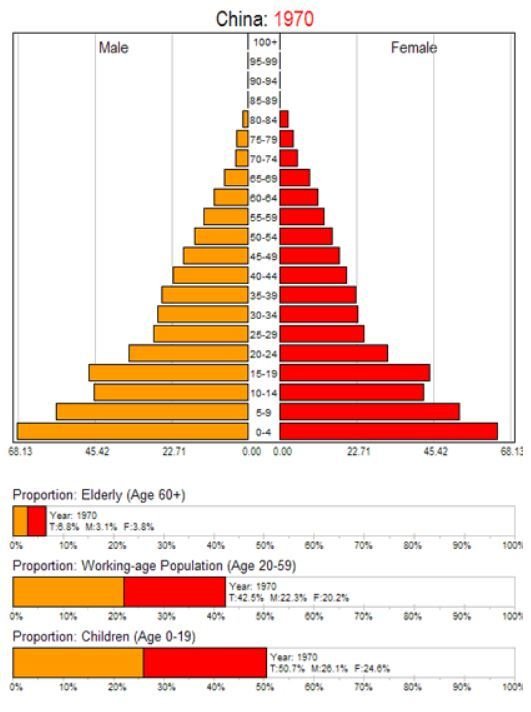
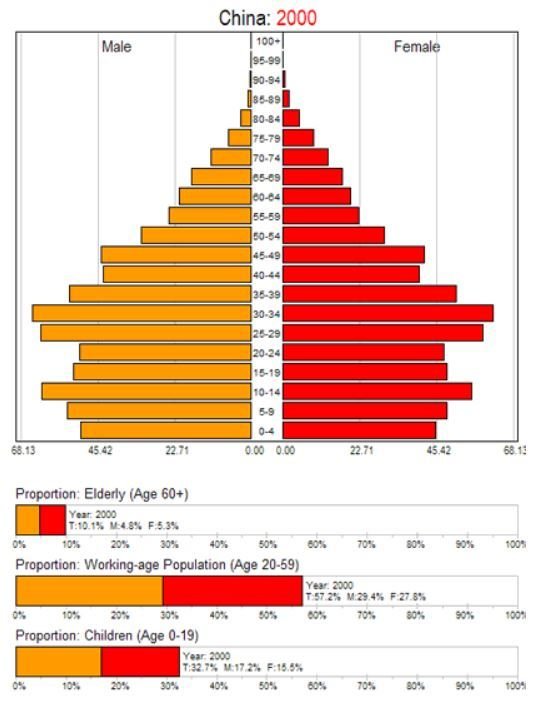
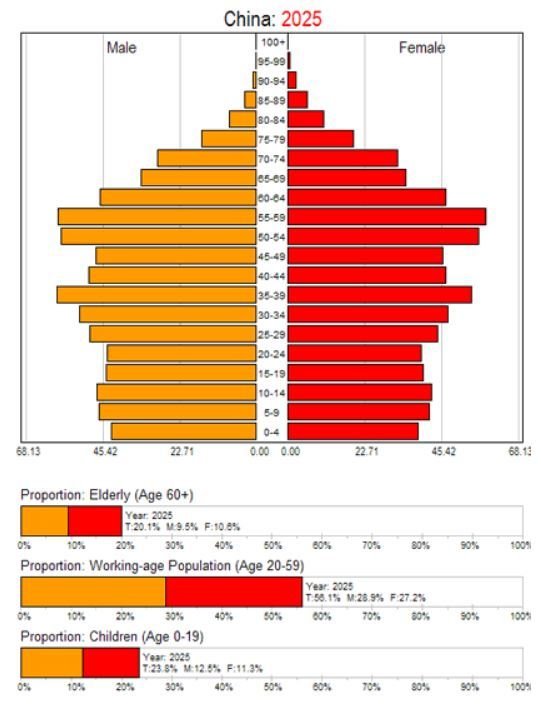
1970
2000
2025
aging population
2:4:8 dependency ratio
Working age
Retired parents
Retired grandparents
Children
Population burdens
Less people to fill previous jobs
Policy changes:
What other countries deal with aging populations?
More demands for elderly care
Government must provide elderly healthcare
2015: couple are now allowed to
HAVE TWO CHILDREN
Societal Impacts: Gender
Gender imbalance
female infanticide
gender perceptions & expectations shaped by
policy affected: ultrasounds revealing gender of
cultural/historic factors
BABY PROHIBITED to reduce gender ratio

Societal impacts: education
Since there is only one child per family, they are
TYPICALLY SENT TO SCHOOL
More family resources given to single children
For females, especially urban females, this
MEANS HIGHER LEVELS OF EDUCATION
Economic Impacts
growth in higher level jobs and education
Women's participation in the workforce
Potential future labor shortage
What are some issues Japan faces with an aging population?
Connection:
Video
Energy policy
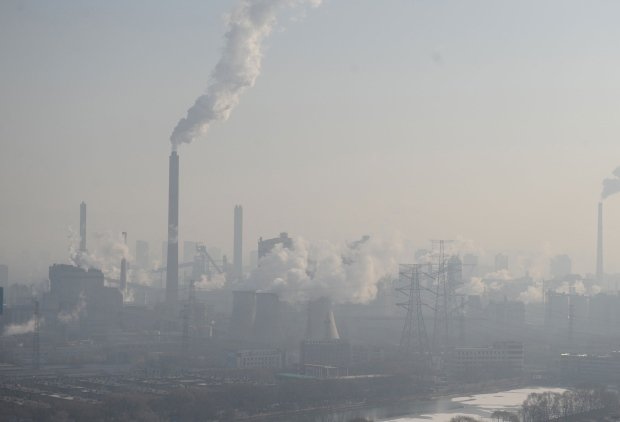

domestic resources
Heavily reliant on coal
large amount of natural COAL DEPOSITS therefore
Coal is energy inefficient and polluting
Other sources of energy: renewables
domestic resources

foreign sources

Imported
in 2015
$134.3 BILLION
developing foreign Relations
energy diplomacy
developing close relations with: Middle east, africa, latin america
Saudi Arabia
Angola
Iran
Russia
Oman
Iraq
Sudan
Venezuela
Kazakhstan
Kuwait
Future Implications: malacca strait
80% of China's energy imports go through the strait

80%
The malacca DILEMMA:
not under chinese govt.
Piracy
Indonesia
Malaysia
4 million solar panels
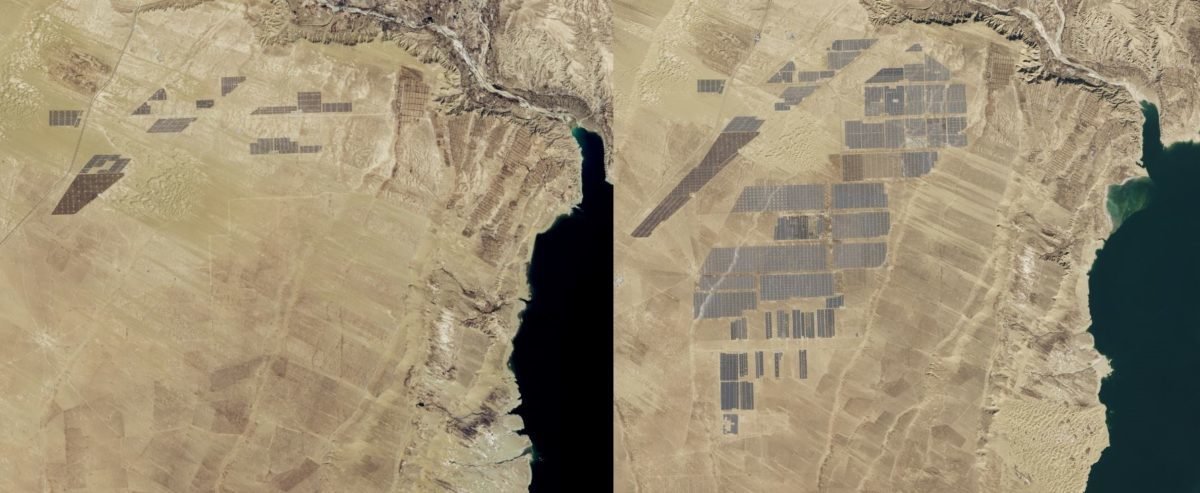
2013
2017
Future energy policy aspects
Securing relations to build pipelines
Diversifying from coal
transition to more efficient fossil fuels
increase renewable sources to reach 2030 target
deck
By Jina Shi
deck
- 125



